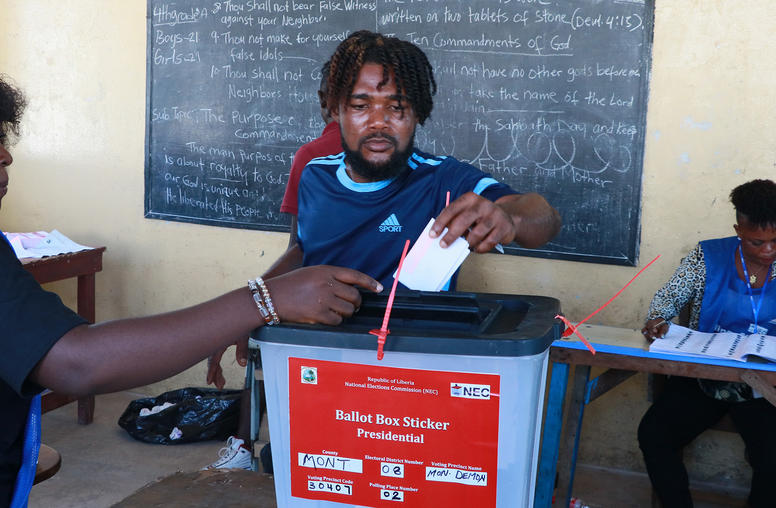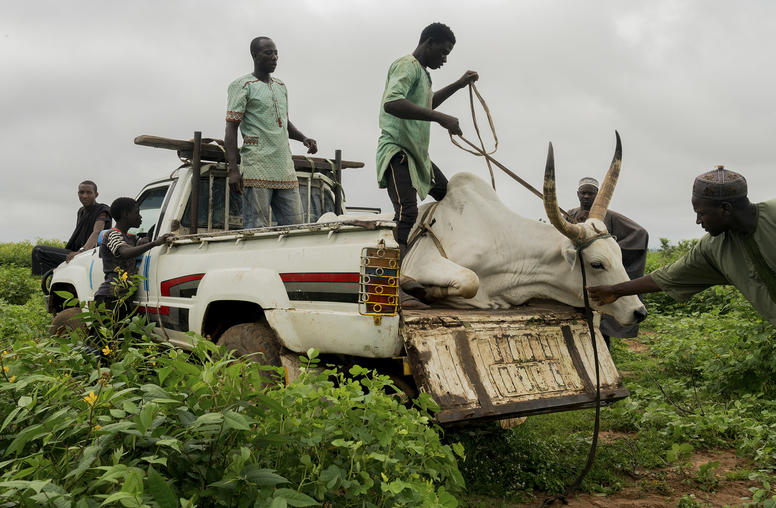Matthew Edds-Reitman
Contact
Please submit all media inquiries to interviews@usip.org or call 202.429.3869.
For all other inquiries, please call 202.457.1700
Matthew Reitman is the program manager for West Africa and the Sahel in USIP’s Africa Center. He leads initiatives to bolster community and state peacebuilding capacities in Nigeria, as well as the conflict prevention program across West Africa.
Matthew has worked on peace, security and governance in the region for the past several years with experience in implementation, research and policy.
He holds a master’s degree in security studies from Georgetown University, a bachelor’s in journalism and international relations from Boston University, and a certificate in negotiation and intercultural communication from American University.




